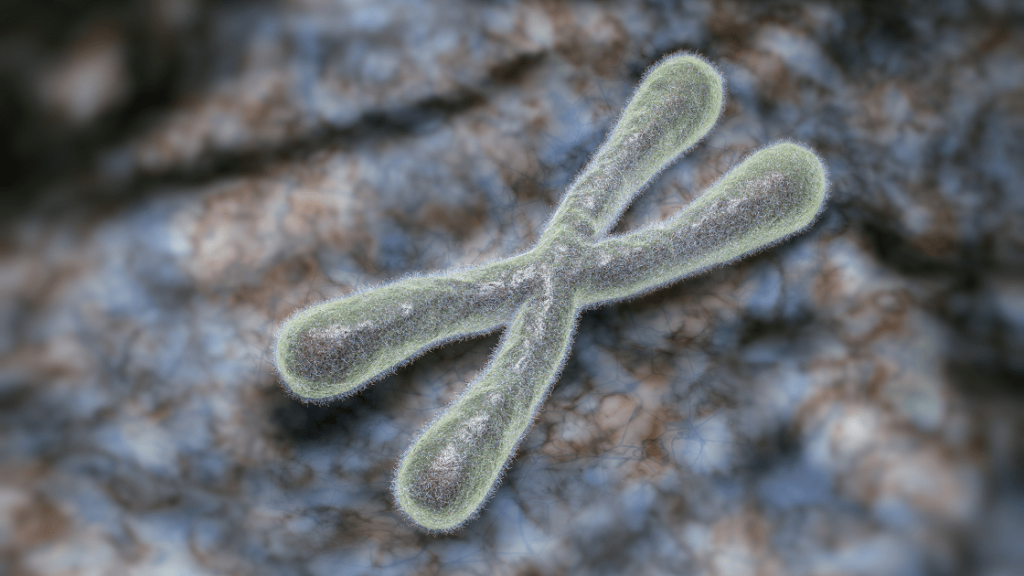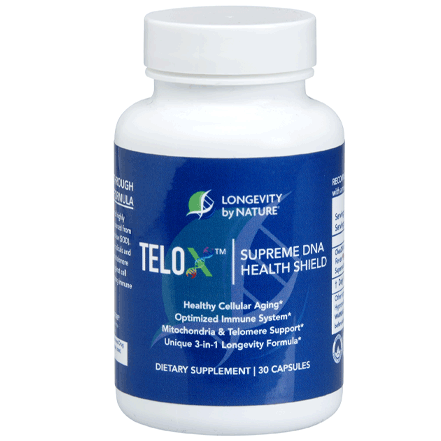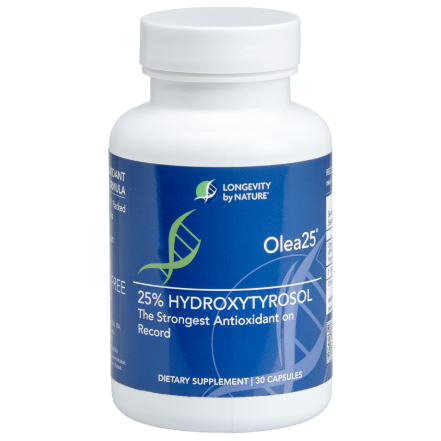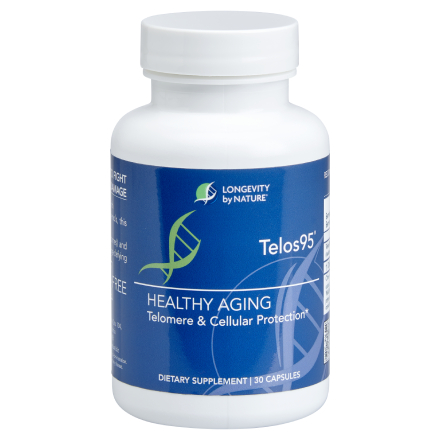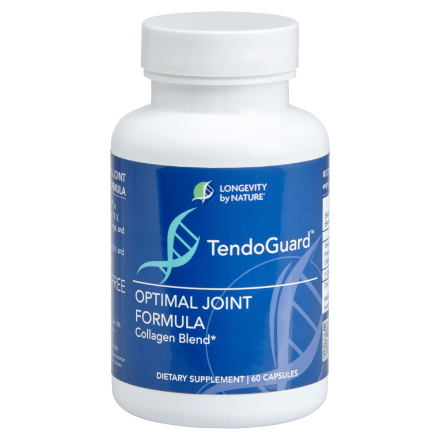What are telomeres?
Essentially, telomeres are a vital part of our DNA that can be found on the tips of our chromosomes. Telomeres are part of a sequence that is repeated thousands of times through our DNA. Typically this sequence is repeated around 3,000 times, however, sometimes they have been seen to repeat themselves up to 15,000 times. The sequence consists of our genetic instructions. Our genetic instructions come in the form of chemical letters. The four basic chemical letters of our DNA instructions are adenine (A), cytosine (C), guanine (G), and thymine (T). There is one additional chemical letter, uracil (U) that replaces thymine in RNA. Telomeres store and repeat this information through our DNA to ensure that our proper genetic instructions are transferred when cells divide. Cells only have a limited number of cell divisions before cell death occurs. The longer that the telomere stays healthy, the longer the cell can live to continue dividing.
What role do telomeres play in the aging process?
Telomeres are responsible for monitoring cellular damage, and when it is time for the cell to die off, telomeres then will signal to remove the cell. Cells can die off for many reasons, and as we age, telomeres at the end of our chromosomes get shorter each time a cell divides. As telomeres get shorter, the quality and strength of the cell are less. Essentially, a copy of a copy is always going to be just of a little less caliber than the original copy. The rate at which telomeres get shorter can depend on many factors. Telomeres tell the cell when it is damaged beyond repair and needs to die. Lifestyle choices that cause cellular damage, for example, excessive alcohol consumption, smoking, obesity, sleep deprivation, too much sun causing UV damage, lack of exercise, and a poor diet filled with processed foods, all can contribute to the rate at which telomeres kill off cells.
Why do telomeres shorten with age?
Every time a chromosome replicates itself, your strands of DNA become shorter. The main function of the telomere is to not only signal when it is time for a cell to replicate, but it also maintains all the genetic information necessary to ensure the cell is true to the genetic code of an individual’s DNA. As an individual’s telomeres shorten, they become weaker. Shortened telomeres could potentially be the cause of the aging process and the development of diseases that stem from old age.
What causes shorter telomeres?
One of the main culprits that scientists think is responsible for the shortening of telomeres is oxidative stress. So, what is oxidative stress? Oxidative stress is damage that occurs from reactive oxygen species. Reactive oxygen species are unstable molecules that contain oxygen and that can easily react with the other molecules in a cell. Reactive oxygen species appear in an individual’s body through natural cellular processes. These cellular processes happen throughout your body and inflammatory response system. Not only do reactive oxygen species come naturally occurring in an individual’s body, but they can also come from outside of the body through things like pollution, alcohol, processed foods, and smoking. This oxidative stress can shorten telomeres and negatively impact a person’s health and progress the aging process.
Does telomere shortening cause cell death?
The short answer is yes. According to the National Institute of Health, cells with long telomeres were healthy and experienced a normal rate of telomere shortening. Cells with shorter telomeres experience damage to the chromosome and eventually, it leads to cell death. Telomere shortening essentially limits stem cell function, regeneration, and organ maintenance during aging. Because of this, telomere shortening that occurs while we age can be associated with a higher risk of cancer and other diseases.
What happens when telomeres start to shorten?
Throughout our lifetime, telomeres shorten each time a cell division occurs. Each individual only has a limited number of cell divisions in their life. Telomeres start to shorten from birth and it is a natural process that occurs throughout a lifetime. The shorter the telomere gets, the weaker the cells get each time a cell division occurs. As a telomere shortens, the aging process occurs. The longer the telomeres can stay healthy and long inside of a human body, the slower the aging process is and there may be a lower chance of developing diseases, especially early in life. There are many things that can be done to help maintain telomere health and to slow down the process in which they shorten. However, it is important to note that it is inevitable that a telomere will shorten to its critical length. When the telomere becomes too short, the chromosome cannot be replicated again and the cell will die through a process called apoptosis.
When do telomeres start to shorten?
Telomeres start to shorten even from birth, however, it is the rate per year that slowly increases from when you are a newborn baby. When someone is a newborn, they can expect to lose anywhere from 20 to 40 telomeres per year. Newborn babies can have anywhere from 8,000 to 13,000 base pairs which decline each year until adulthood. An adult can expect to have approximately 3,000 base pairs depending on their lifestyle and other outside environmental factors, for example, living in an area that has highly polluted air and water. For someone who is in their elder years, they may have somewhere closer to 1,500 base pairs. The main thing to remember is that telomeres start to shorten from birth, however, the rate at which they are shortened depends on numerous variables.
What can I do to lengthen my telomeres?
If you are concerned about maintaining longer telomeres throughout your lifetime to reduce the speed of the aging process or to help reduce the chances of developing a disease like heart disease, cancer, dyskeratosis congenita, aplastic anemia, or pulmonary fibrosis, then it can be as simple as making healthier lifestyle choices. Choices like maintaining a healthy diet, a regular exercise routine, and trying to minimize indulgences like alcohol and smoking, can help to maintain healthier telomeres throughout your life.
How telomere supplements help lengthen telomeres?
Yes, supplements can help lengthen telomeres and lower cellular aging. By using supplements to help fight free radicals from appearing and/or existing in the body, you may be able to maintain the health of your cells to prevent premature aging and disease.
What is the best telomere supplement?
Longevity By Nature offers cutting edge natural supplements for rejuvenation, enhancing health, and longevity. Telos95 by Longevity By Nature can protect telomere DNA. As a clinically proven supplement, Telos95 can promote telomere health, cellular longevity, and protect against Cell Senescence. Longevity By Nature proudly delivers 100% GMO free, clinically proven, and FDA compliant supplements that are made in the USA. Shop Longevity By Nature supplements with confidence.
Try Telos95 by Longevity by Nature risk free today!
Sources:
https://www.cancer.gov/publications/dictionaries/cancer-terms/def/reactive-oxygen-species
https://www.ncbi.nlm.nih.gov/pmc/articles/PMC317024
https://www.news-medical.net/life-sciences/Telomere-Shortening-Aging-and-Cancer.aspx
https://www.ucsf.edu/news/2013/09/108886/lifestyle-changes-may-lengthen-telomeres-measure-cell-aging
Explore more best selling supplements from Longevity by Nature
Related Blog Posts
- What are Telomeres?
- Tips to Protect Against DNA Damage
- How Can I Boost DNA Repair Naturally?
- What are “Zombie Cells” & Their Role in Aging?
- Why Do We Lose Telomeres as We Age?
- How to Protect Your Telomeres & Increase Longevity
- Why Do Telomeres Shorten With Age?
- Why is Telomere Length Important in Aging?
- Tips to Slow Down Telomere Shortening
- Tips to Slow Down Cellular Aging



